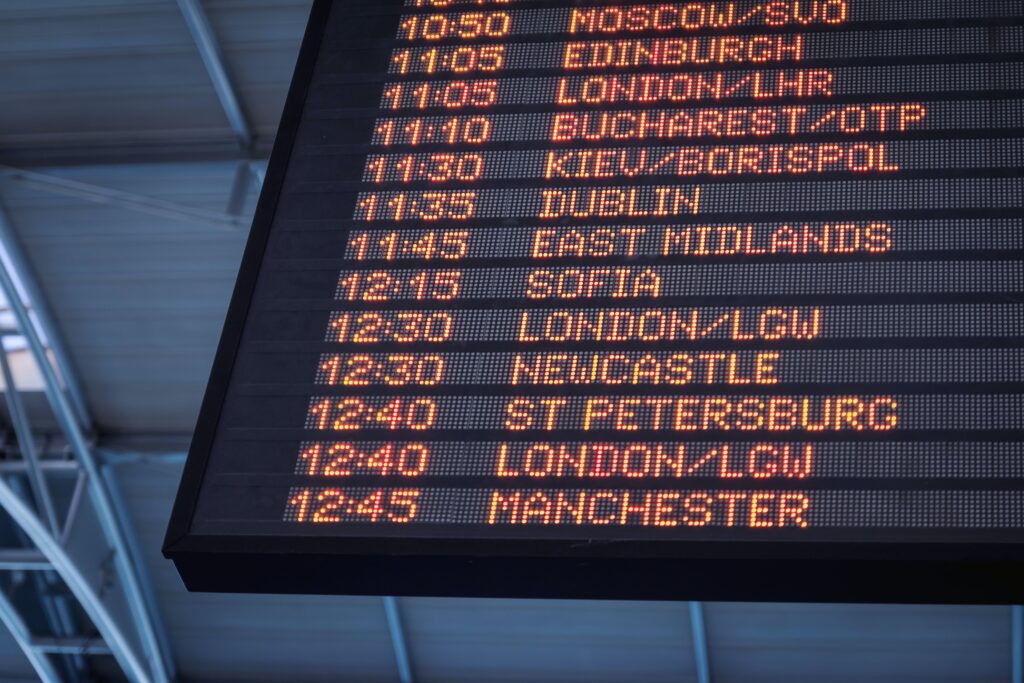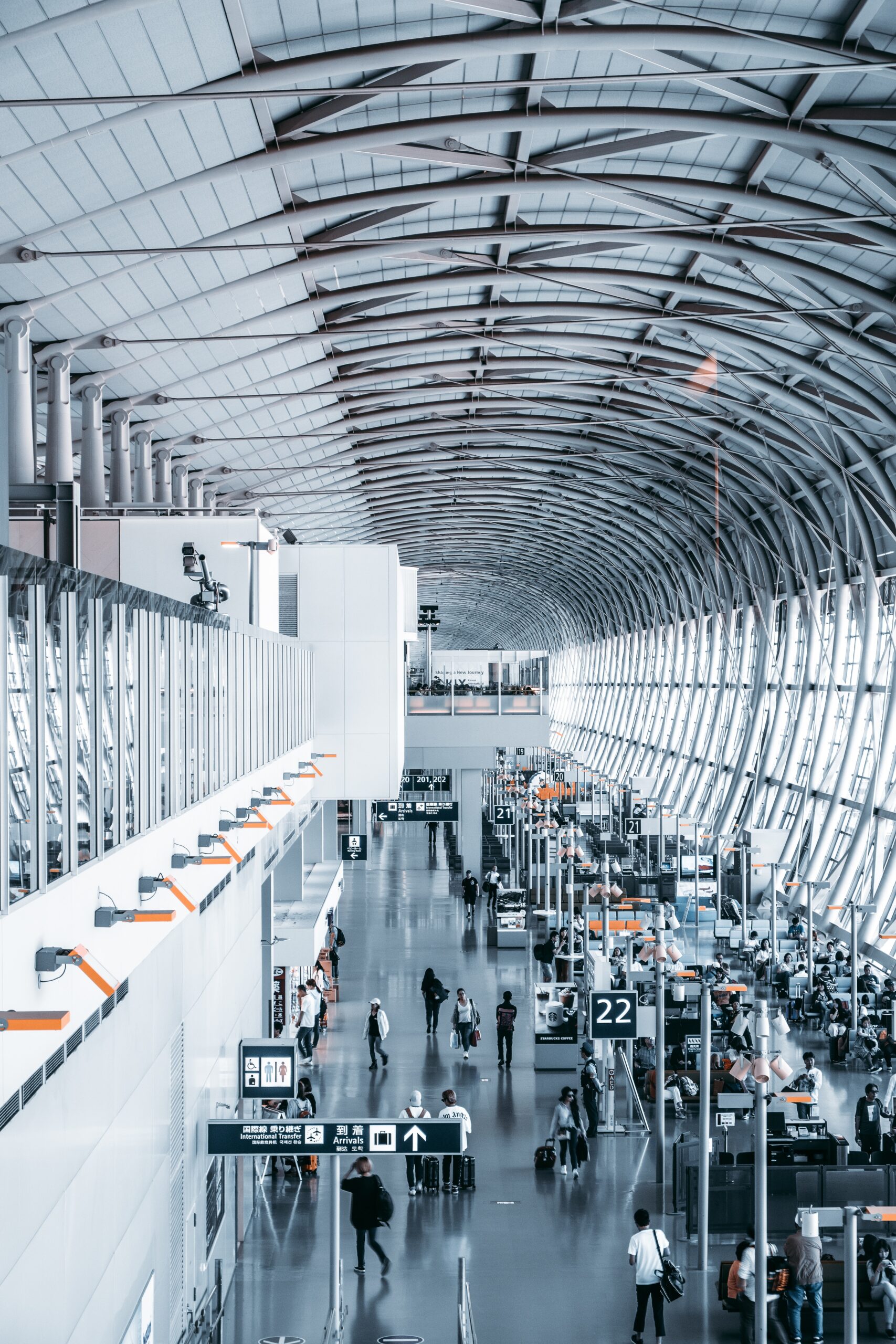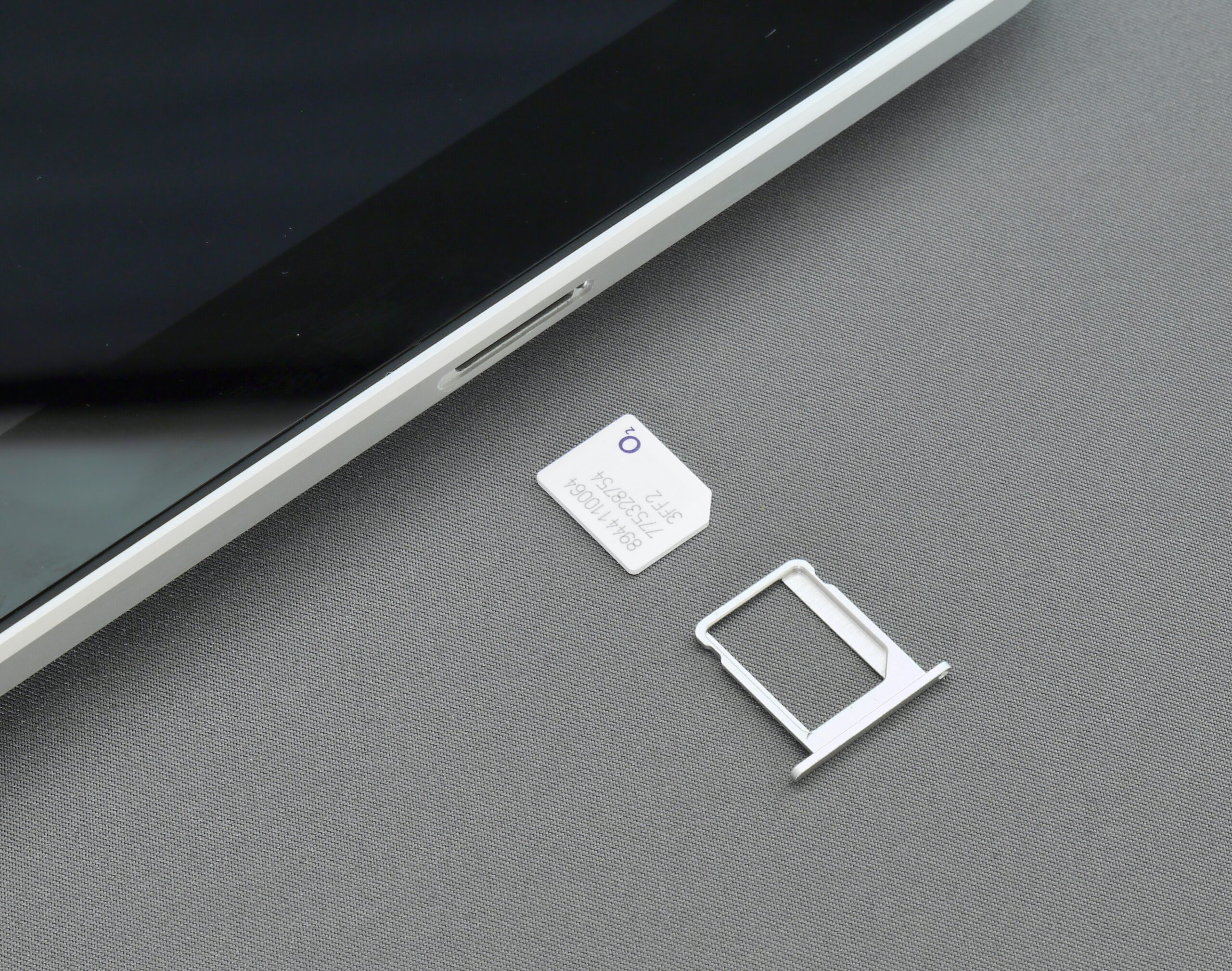Bosnia and Herzegovina Transportation Guide
Bosnia and Herzegovina Transportation Guide: Efficient buses, scenic train rides, and car rentals offer diverse options to explore this captivating country.


Bosnia and Herzegovina Transportation Guide – International Airports
Bosnia and Herzegovina has several international airports that serve as gateways to the country. The main international airports in Bosnia and Herzegovina are:
Sarajevo International Airport (SJJ): Located in the capital city, Sarajevo, this is the busiest and largest international airport in the country. It offers a range of domestic and international flights, connecting Bosnia and Herzegovina to various destinations in Europe and beyond.
Banja Luka International Airport (BNX): Situated near the city of Banja Luka in the northern part of the country, this airport serves as an important hub for the region. It offers domestic and limited international flights, connecting Bosnia and Herzegovina with destinations in Europe.
Tuzla International Airport (TZL): Located near the city of Tuzla in the northeastern part of the country, this airport has gained popularity in recent years due to the presence of low-cost airlines. It offers a number of international flights, primarily connecting to destinations in Europe.
National Airports
In addition to the international airports mentioned earlier, Bosnia and Herzegovina also has several national airports that primarily serve domestic flights and regional connections. Some of the national airports in Bosnia and Herzegovina include:
Mostar International Airport (OMO): Located near the city of Mostar in the southern part of the country, Mostar Airport offers domestic flights within Bosnia and Herzegovina, as well as limited international connections.
Brčko Airport (BWK): Situated near the town of Brčko in the northeastern part of the country, Brčko Airport serves as a regional airport offering domestic flights and some limited international connections.
Goražde Airport (GZD): Located near the town of Goražde in eastern Bosnia and Herzegovina, Goražde Airport is a small regional airport serving primarily domestic flights.
Bosnia and Herzegovina Transportation Guide – Trains
Bosnia and Herzegovina has a railway network that provides both domestic and international train services. The national railway company is called Željeznice Federacije Bosne i Hercegovine (ŽFBH) and operates in the Federation of Bosnia and Herzegovina, while the Republika Srpska Railways (ŽRS) operates in the Republika Srpska entity. Here are some key information and train routes in Bosnia and Herzegovina:
Sarajevo: The capital city, Sarajevo, serves as a major hub for the country’s railway network. It connects various destinations within Bosnia and Herzegovina, including Mostar, Zenica, Tuzla, and Banja Luka, as well as international connections to neighboring countries.
International Connections: Bosnia and Herzegovina has international train connections with neighboring countries. These include routes to Croatia, Serbia, Montenegro, and Slovenia, allowing for travel between major cities like Zagreb, Belgrade, Podgorica, and Ljubljana.
Tourist Routes: The country offers scenic train routes that are popular among tourists. The most notable one is the Ćiro Railway, which runs between Mostar in Bosnia and Herzegovina and Dubrovnik in Croatia, passing through picturesque landscapes.
Infrastructure: The railway infrastructure in Bosnia and Herzegovina is being modernized and upgraded to improve the efficiency and quality of train services. However, some sections of the railway network may still have older equipment and slower train speeds.
Train Types: The train services in Bosnia and Herzegovina include regional trains, which connect smaller towns and cities within the country, as well as intercity trains that provide connections between major urban centers.


Bosnia and Herzegovina Transportation Guide – Buses
Bosnia and Herzegovina has a well-developed bus network that provides extensive domestic and international transportation options. Buses are a popular mode of transportation for both locals and tourists. Here’s some information about buses in Bosnia and Herzegovina:
Domestic Bus Services: Buses connect major cities, towns, and villages throughout the country. They offer a convenient and affordable way to travel within Bosnia and Herzegovina. The bus network is operated by various companies, both private and public.
International Bus Services: Bosnia and Herzegovina has bus connections to neighboring countries and other European destinations. International bus routes connect major cities in Bosnia and Herzegovina, such as Sarajevo, Mostar, Banja Luka, and Tuzla, with cities in Croatia, Serbia, Montenegro, Slovenia, and beyond.
Bus Stations: Each major city in Bosnia and Herzegovina has a central bus station (autobuska stanica) where buses arrive and depart. These stations typically offer facilities such as ticket counters, waiting areas, and restrooms. Some of the busiest bus stations in the country are located in Sarajevo, Mostar, Banja Luka, and Zenica.
Bus Companies: Several bus companies operate in Bosnia and Herzegovina, providing both domestic and international services. Some prominent bus companies include Centrotrans, Globtour, Autoherc, and Biss-Tours. These companies offer a range of routes, schedules, and ticket prices.
Ticketing and Booking: Bus tickets can be purchased at the bus stations or through online platforms. It’s recommended to buy tickets in advance for popular routes or during peak travel seasons. Online booking platforms like BusTicket4.me and GetByBus offer convenient options to search and book bus tickets for various routes in Bosnia and Herzegovina.
Links of interest
Airlines:
Sarajevo International Airport
Banja Luka International Airport
Trains:
Buses:


We recommend
Bosnia and Herzegovina travel tips
Our guide offers essential Bosnia and Herzegovina travel tips and insights for an unforgettable journey. Plan your trip with us!
Bosnia and Herzegovina Transportation Guide – SIM Cards
For travelers in Bosnia and Herzegovina:
Providers:
Choose from major providers like BH Telecom, M:tel, and HT ERONET for reliable coverage.
Purchase Points:
Buy SIM cards at provider stores, kiosks, or airports, ensuring compatibility with your device.
ID Requirements:
Bring identification for SIM card registration, a standard practice in the country.
Data Plans:
Select a data plan based on your usage, as providers offer various options for internet access.
Top-Up Options:
Recharge credit easily through provider stores, online platforms, or authorized resellers.
Roaming:
Check roaming charges with your home country’s provider to manage costs effectively.
Wi-Fi Availability:
While urban areas have Wi-Fi, having mobile data is essential for remote locations and navigation.
Emergency Services:
Save local emergency numbers and know how to contact your provider’s customer service.
Compatibility:
Ensure your phone is unlocked for international SIM use before arrival in Bosnia and Herzegovina.
Stay Informed:
Check for any changes in regulations or services to ensure a smooth communication experience during your stay.
Currency Converter
Currency Converter EUR/USD: Mon, 2 Jun.
Unit Converter
Bosnia and Herzegovina Transportation Guide – Maps
What map do you need?
Choose your destination
More information about this country







